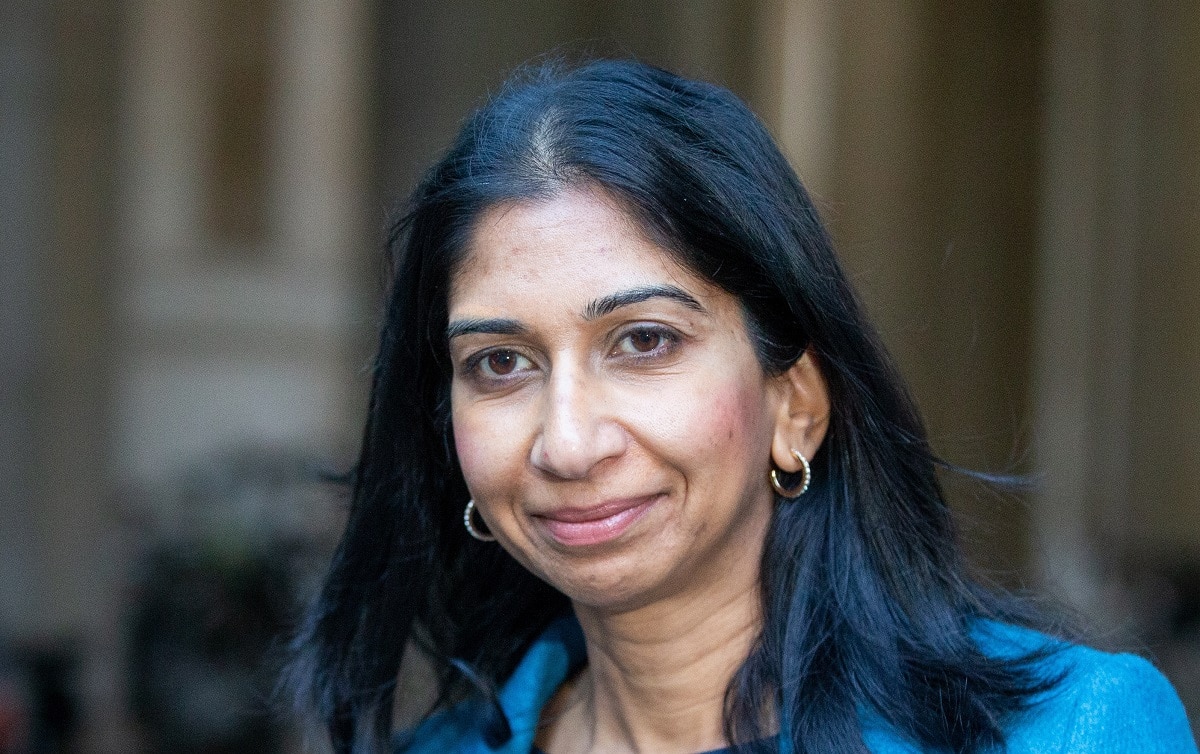Top police officials and politicians have clashed over the acknowledgement of institutional racism within law enforcement, sparking a contentious debate and revealing deep divisions. Here’s the full story.
“White Privilege or Whatever”

Just days after Kemi Badenoch said that the UK needed to move on from the idea that the country’s vast wealth was generated from the “colonialism or imperialism or white privilege or whatever” that was practised under the British Empire, another row over racism has sprung up at the heights of the British political establishment.
Racial Injustice and Discrimination
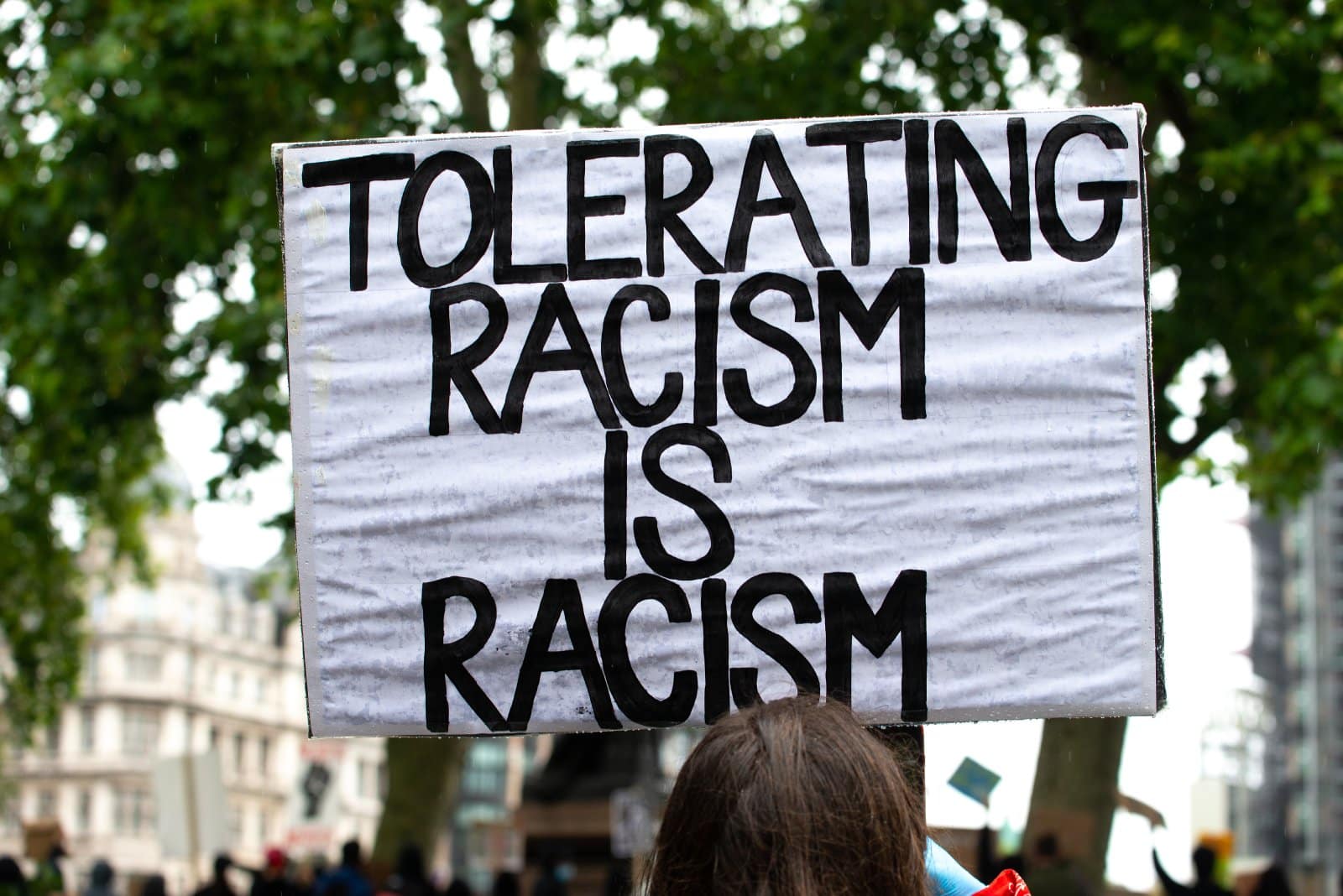
Like so many places around the world, the UK is a society grappling with issues of racial injustice and discrimination, with the role of law enforcement agencies, in particular, being under intense scrutiny.
“Institutionally Racist”
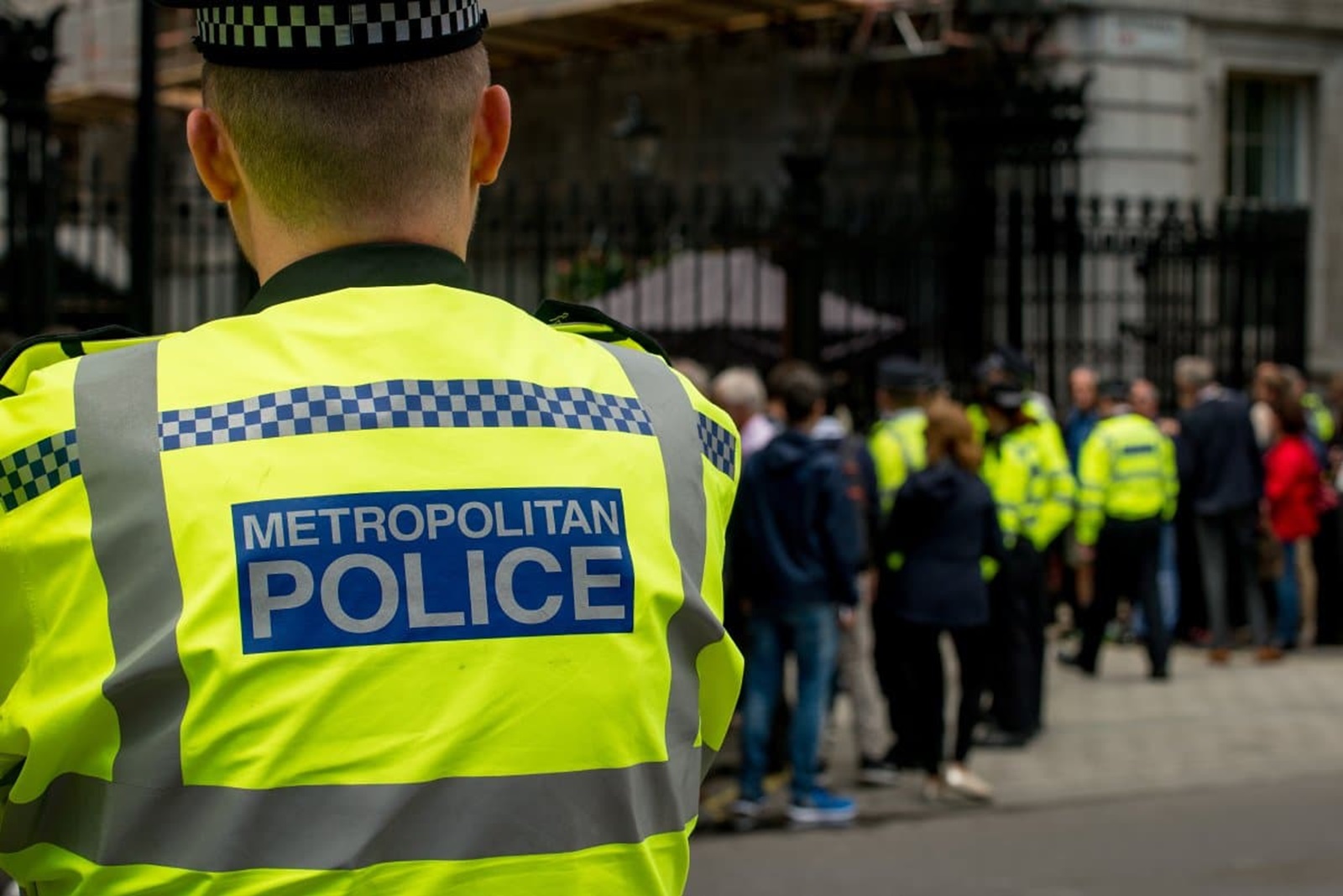
Gavin Stephens, chair of the National Police Chiefs’ Council (NPCC), recently made a speech in which he stressed that British Police forces must admit that they are “institutionally racist.”
Overly Defensive
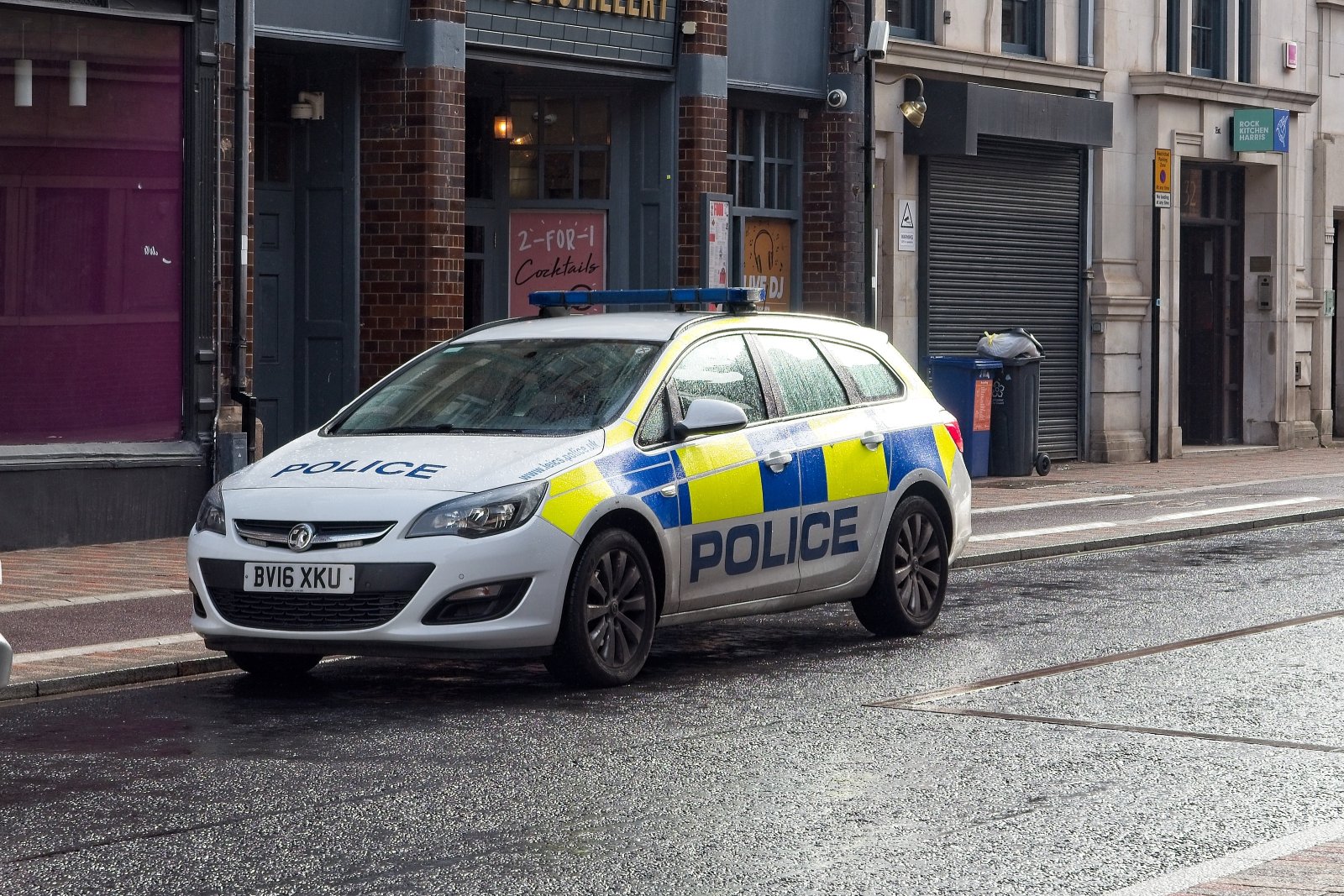
Stephens also called on police forces to resist the temptation to be overly defensive against such accusations and to recognise the scale of the problem before combating it.
“Won’t Work With Us”
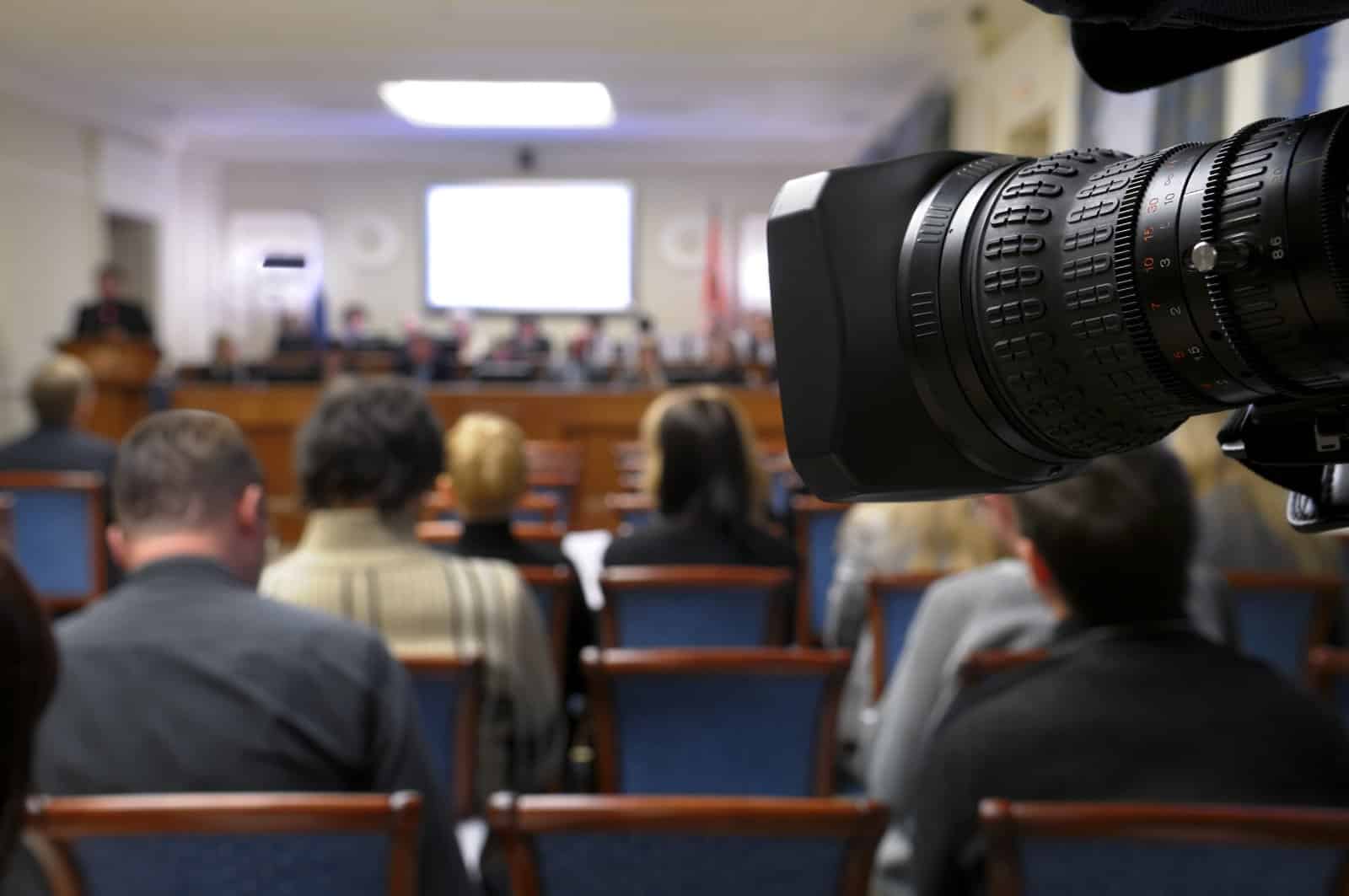
Speaking at a conference on police leadership at Staffordshire University, Stephens said, “What I’ve found, over the last 11 months, is that some groups simply won’t work with us or take us seriously if we don’t accept the diagnosis of institutional racism and say it out loud.”
“I Did It”

He continued, “That’s why I’ve [publicly accepted institutional racism.] I did it when I was chief in Surrey as well.”
Broader Recognition
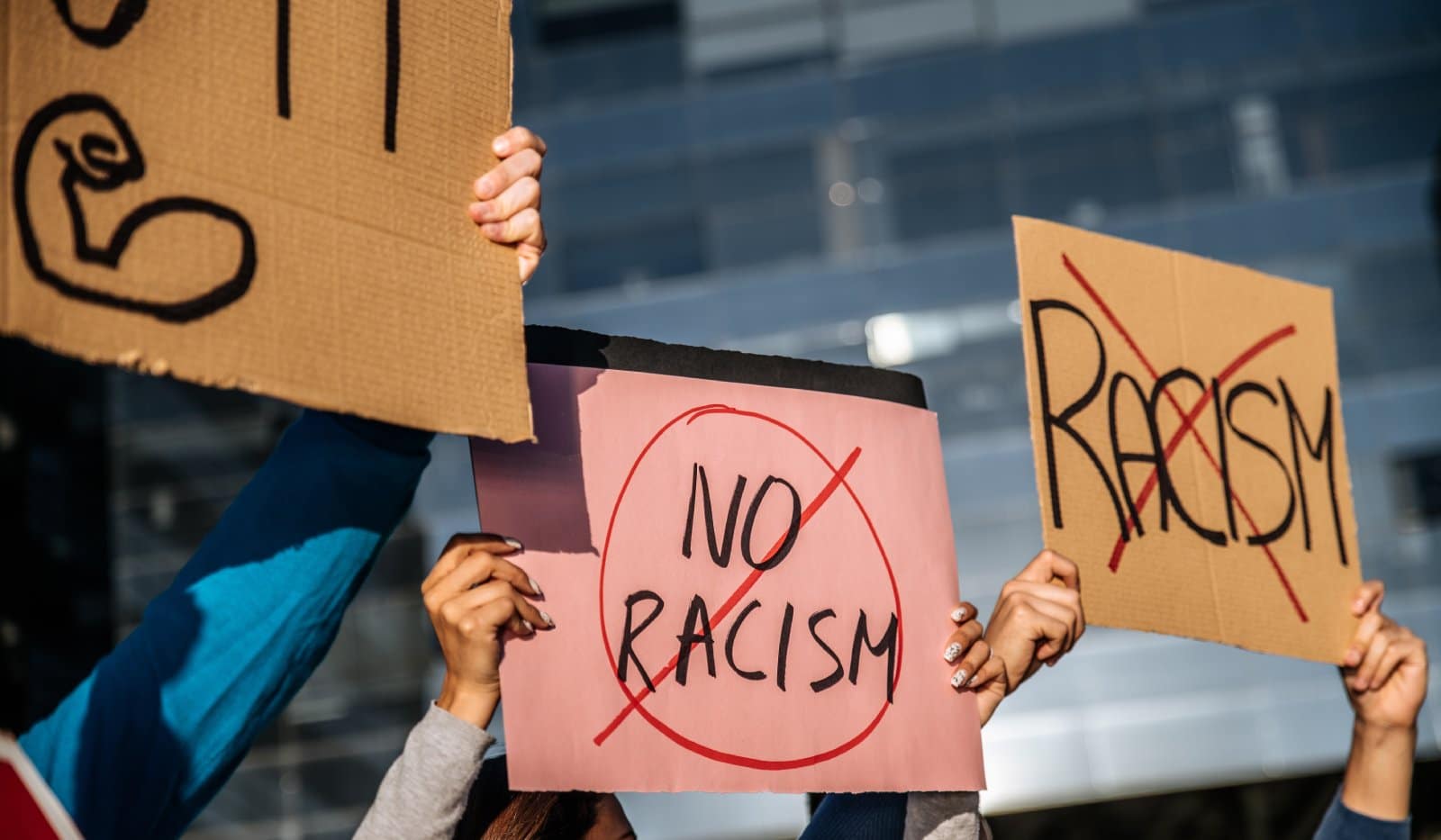
Moreover, Stephens advocates for a broader recognition of discrimination beyond racial biases. He highlighted the findings of Dame Elish Angiolini’s report on the behaviour of Met police officer Wayne Couzens, who murdered and raped Sarah Everard.
“Anti-Sexist, Misogynistic and So On”

Speaking at the conference, Stephens stated, “You may have seen one of the Angiolini recommendations is about having a commitment to being anti-sexist, misogynistic and so on. I think we extend that. We need to be anti-discriminatory in all of its forms,”
Rejection of “Institutional”

However, Stephens’ stance stands in contrast to that of Metropolitan Police Commissioner Sir Mark Rowley, who rejects the term “institutional” when referencing the force’s long-standing problems with racism, misogyny and homophobia, which were detailed in Dame Louise Casey’s report into the force.
“Ambiguous”

While Rowley acknowledges the findings of the Casey review, he argues that the term is “ambiguous,” and potentially divisive.
“Collective Failure”
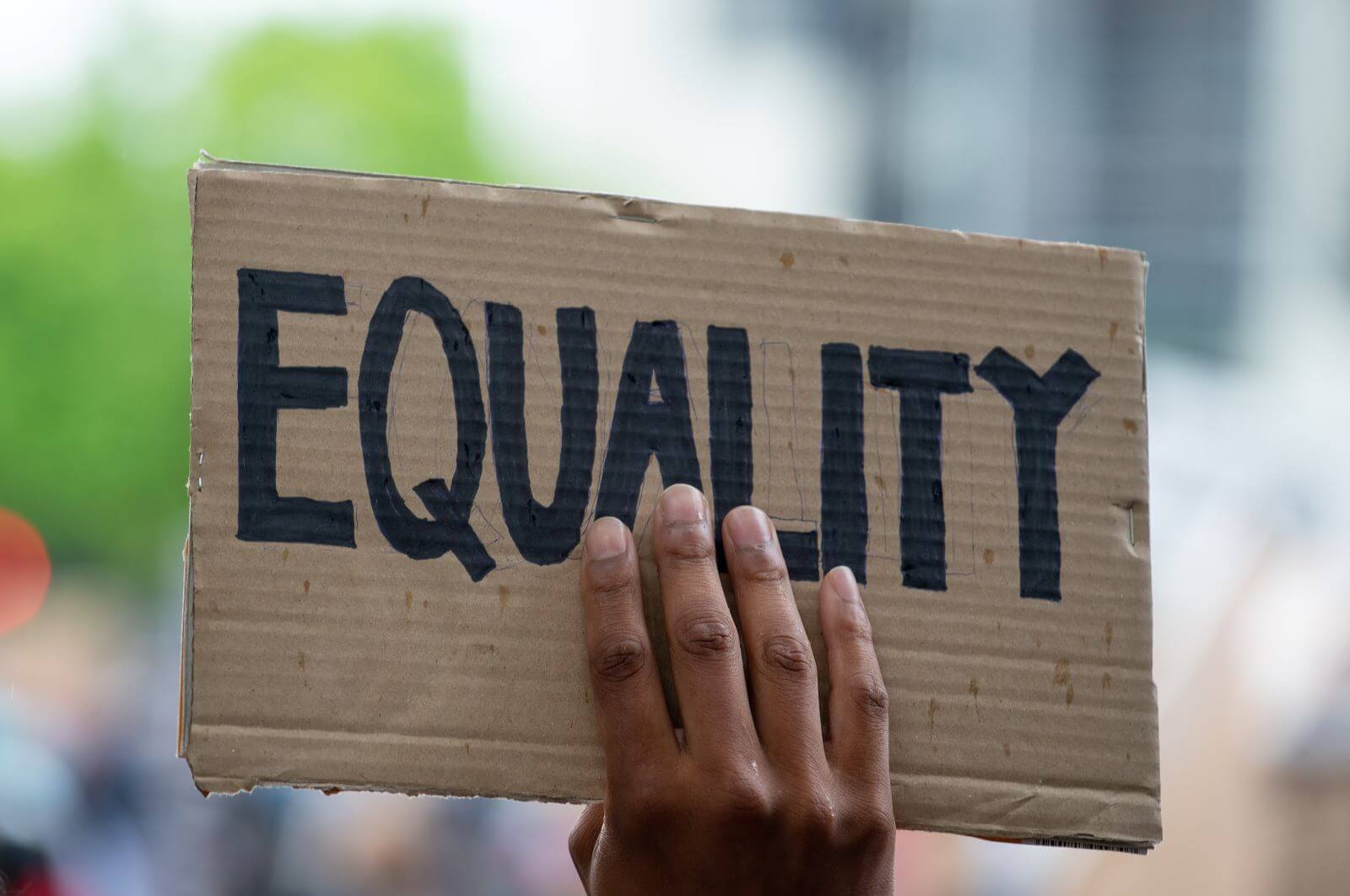
Sir Mark Rowley defined institutional racism: “The collective failure of an organisation to provide an appropriate and professional service to people because of their colour, culture, or ethnic origin.”
“Attitudes and Behaviour”
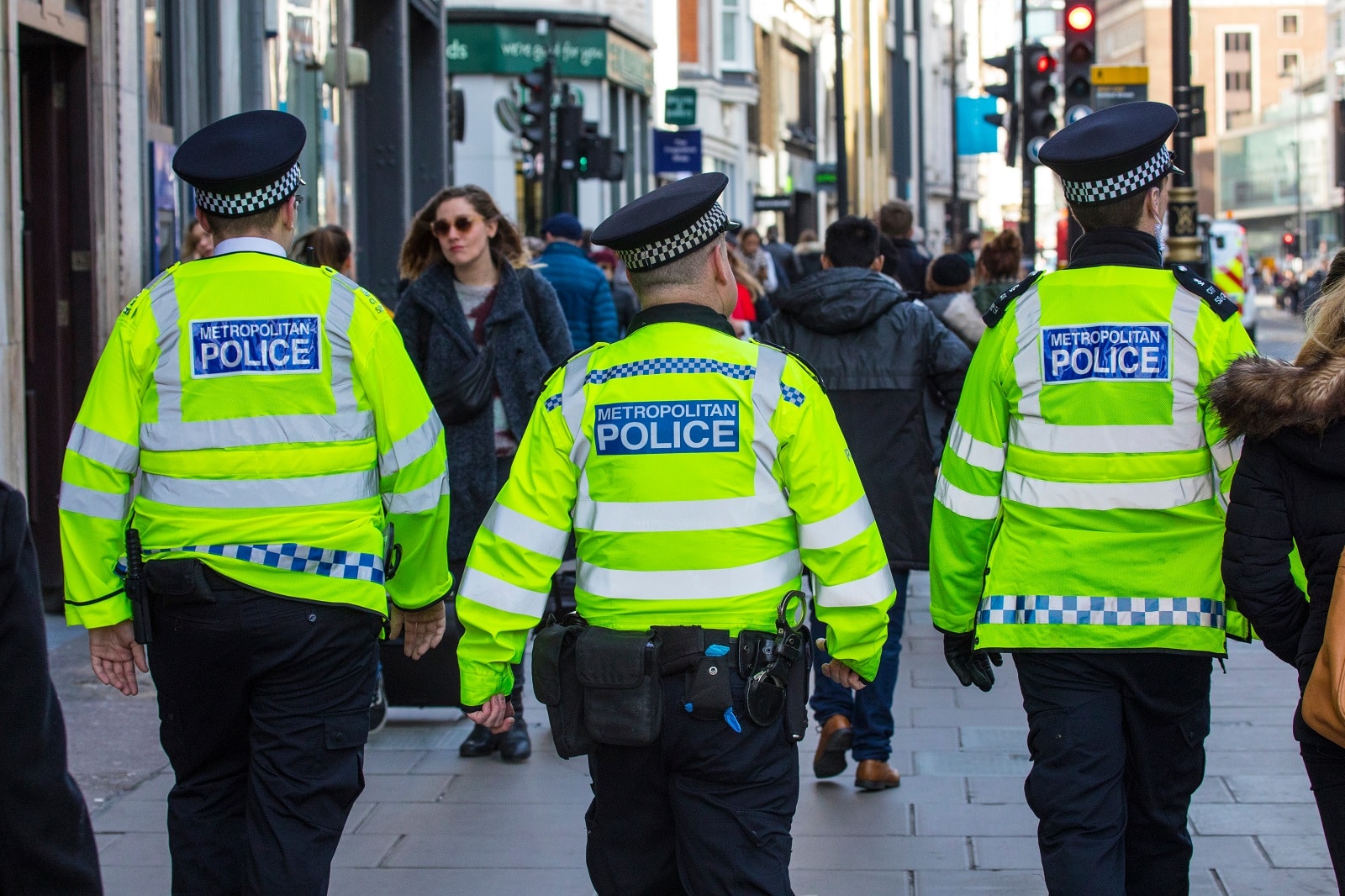
“It can be seen or detected in processes, attitudes and behaviour which amount to discrimination through unwitting prejudice, ignorance, thoughtlessness and racist stereotyping which disadvantage minority ethnic people.”
No Settled Position

Addressing concerns about the interpretation of institutional racism, Stephens stated, “In amongst all that debate, I completely accept that – even today – there isn’t a settled position across all chiefs on institutional racism. There are differences of views about the use of the term and the language.”
“Quite Wrongly”

He continued, “Some [people], in my view, quite wrongly imply that it means widespread racism across the workforce. I think that it’s a leadership responsibility to explain that’s not what it means. That’s not what Sir William Macpherson meant by it. It’s not what Louise Casey meant by it either.”
Sparking a Backlash
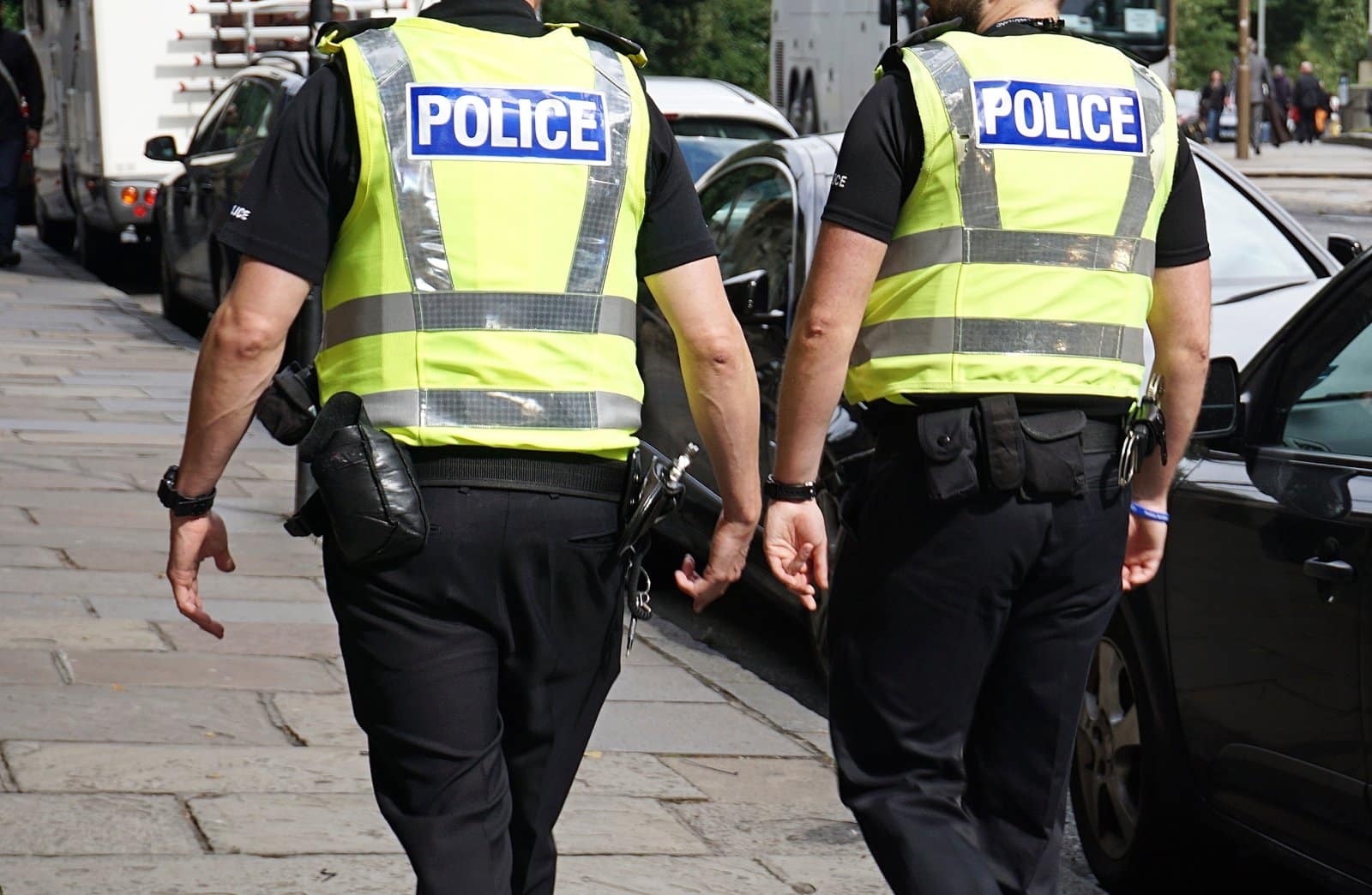
While some police chiefs have acknowledged institutional racism within their forces, such admissions have sparked backlash among frontline officers.
“Wrong to Assert”

That backlash also extends to some politicians, such as disgraced former Home Secretary Suella Braverman, who stated, “It’s wrong to assert that the police are institutionally racist and for police chiefs to keep asserting it does a huge disservice to the thousands of brave men and women who out themselves forward to keep us all safe day in, day out.”
“Nothing to Improve Community Relations”
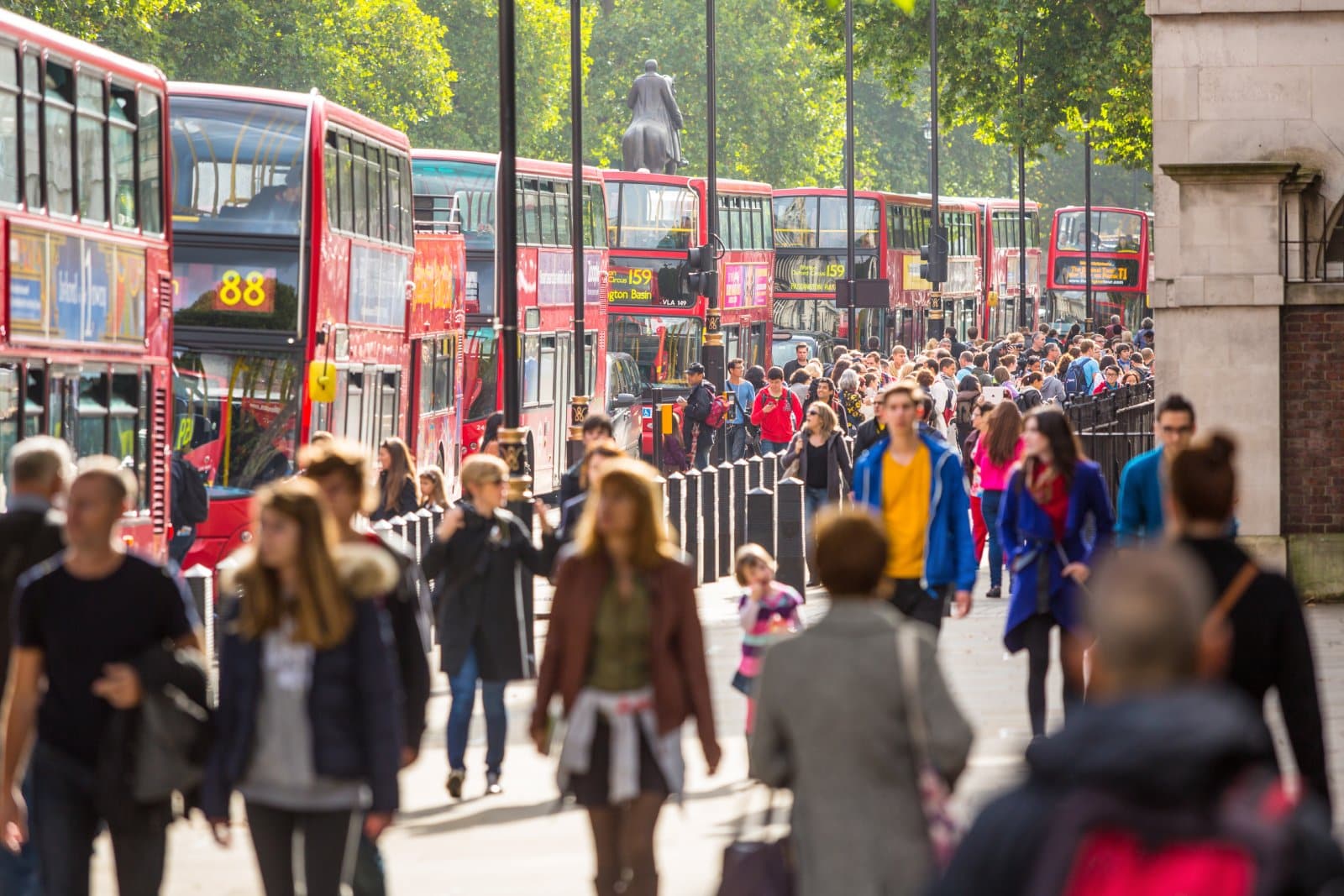
She continued, “It also does nothing to improve community relations. Police leaders need to focus on cutting crime and keeping our streets safe, not virtue-signalling. Police chiefs should not be pandering to lobby groups. They are independent and must enforce the law without fear or favour.”
Heavy-Handed
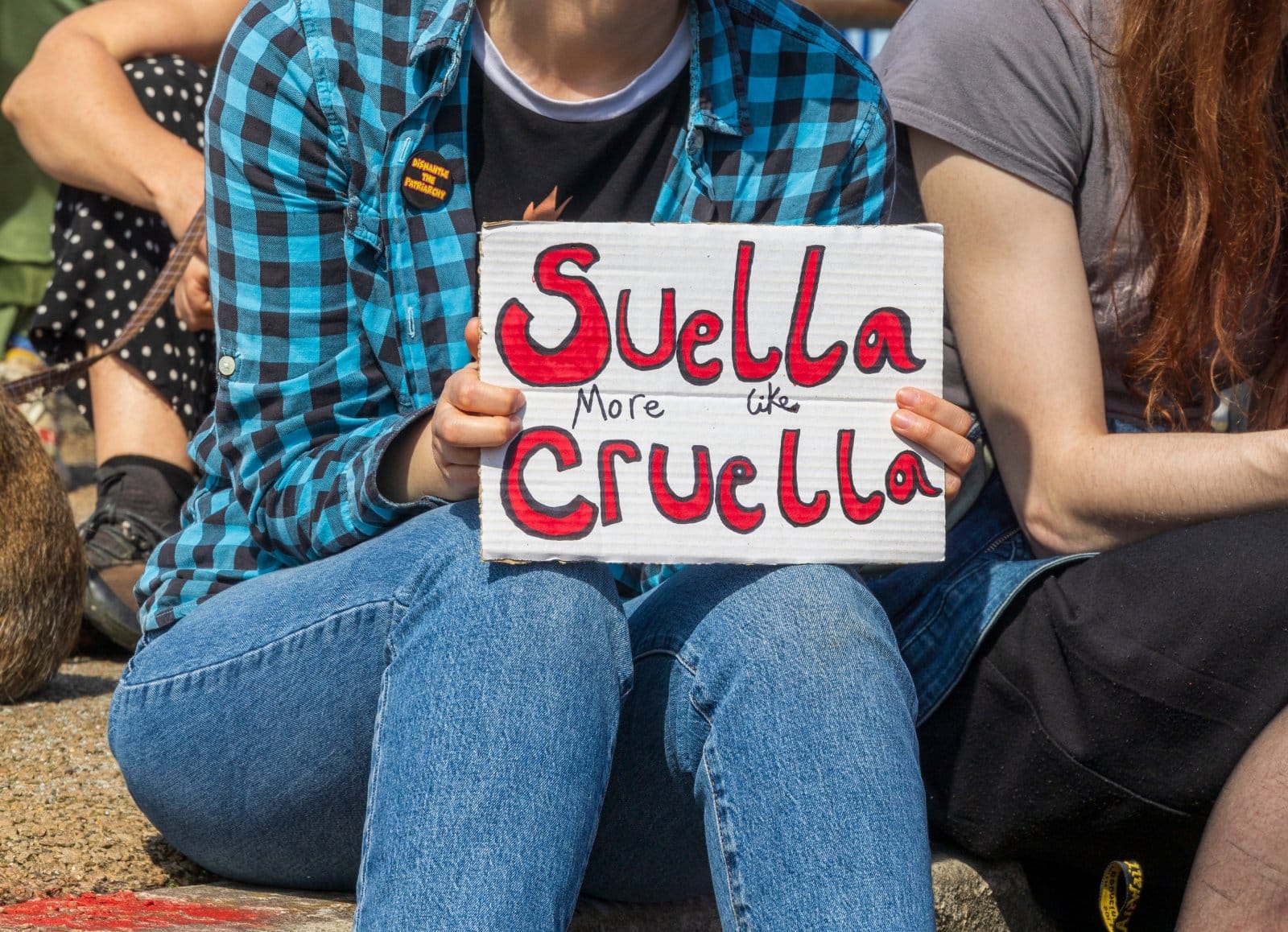
Braverman was sacked as Home Secretary after calling for police to use more heavy-handed measures against protesters and is widely seen as a potential leadership contender should the Conservatives experience the expected thrashing that is widely predicted in the upcoming election.
Worldwide Problem
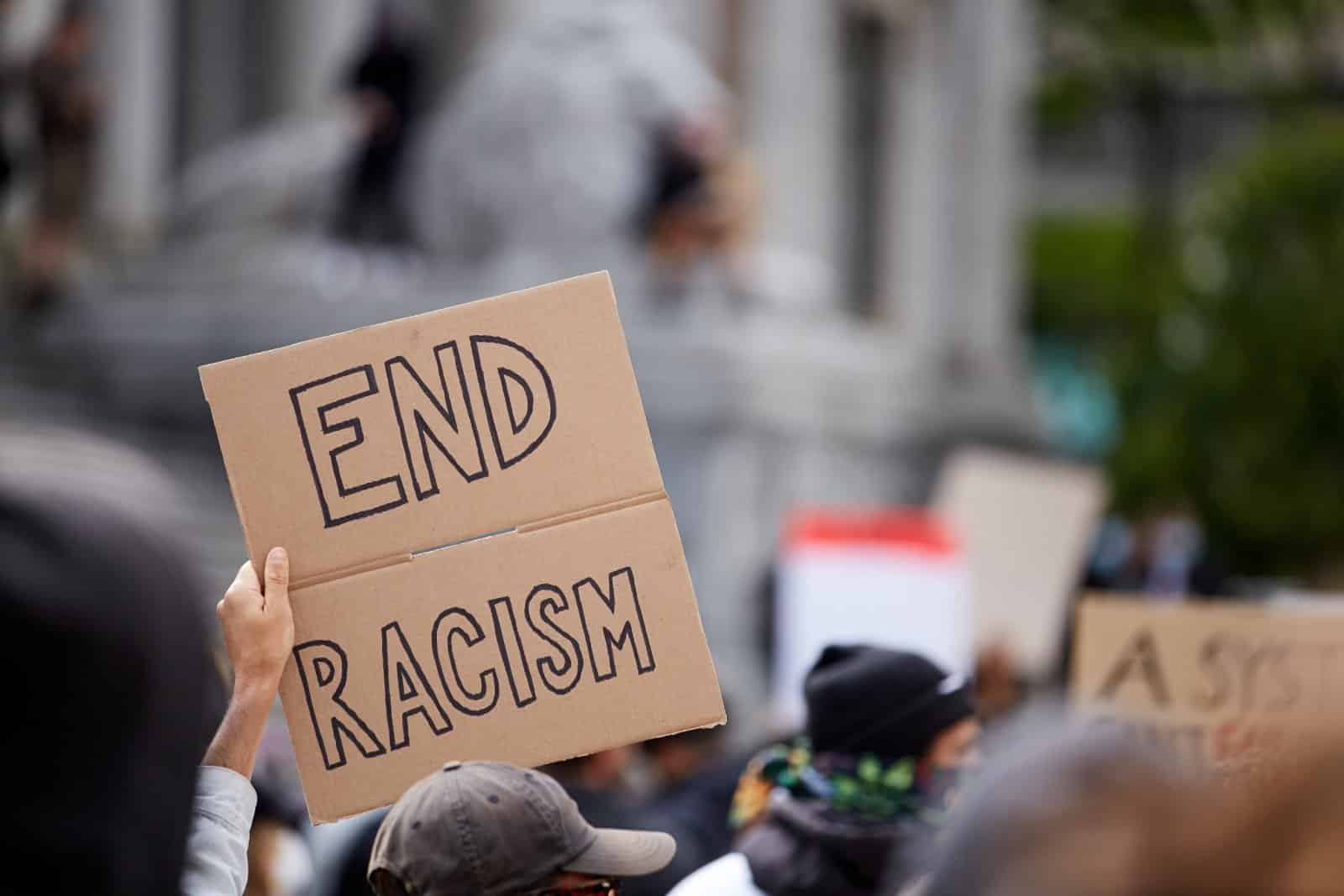
The ongoing debate surrounding institutional racism within policing is not just a problem for UK police forces but one that affects many police forces in the world.
Step in the Right Direction

The sheer scale of the issue can often be challenging to comprehend, but Gavin Stephens’ advocacy for acknowledgement and action represents a step towards accountability and reform.
Combustible Political Climate

With the political climate more combustible than ever, it remains to be seen whether his calls will be heeded or whether the ongoing pushback will overwhelm the few police officers like Stephens willing to speak out.
More Articles Like This…
Broken Britain: 12 Reasons Behind the UK’s Decline
Say the Unsayable: 10 Occasions When Farage Spoke His Mind About Britain
The post “Virtue-Signalling” – Suella Braverman Accuses Police of Pandering to Lobby Groups on Racism first appeared on Edge Media.
Featured Image Credit: Shutterstock / I T S.
Grant Gallacher is a seasoned writer with expertise in politics and impactful daily news. His work, deeply rooted in addressing issues that resonate with a wide audience, showcases an unwavering commitment to bringing forth the stories that matter. He is also known for satirical writing and stand up comedy.

